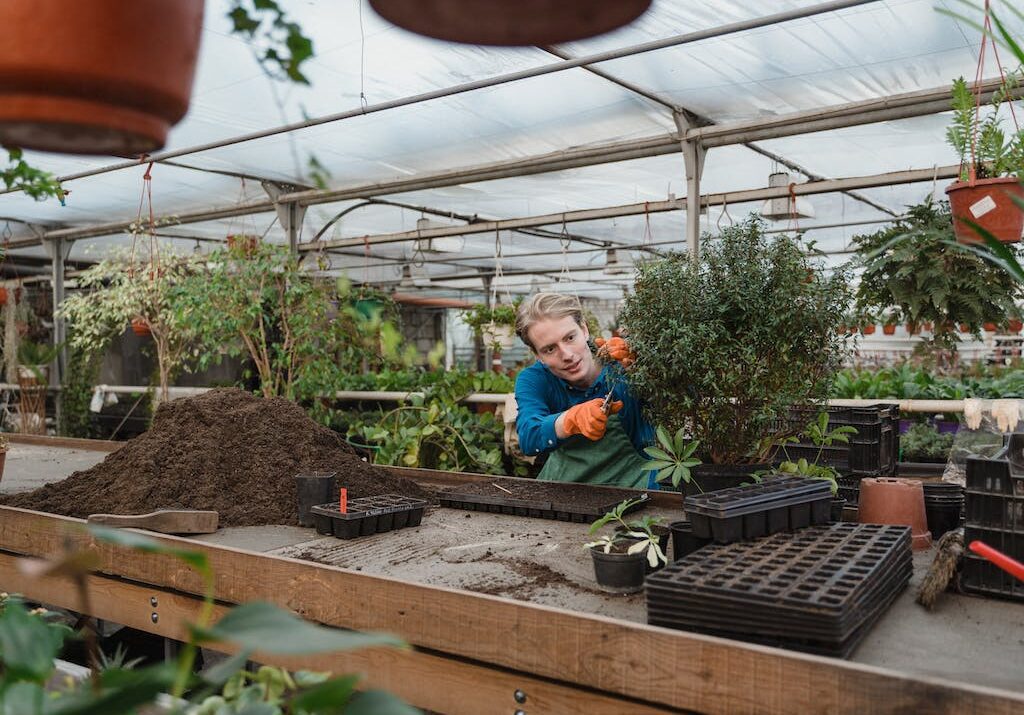Gardening is a very rewarding hobby. It helps people connect with nature and beautify their surroundings. If you’re a beginner, you might have many unanswered questions. Where should you set up your garden? What kind of plants should you get? How often should you water the plants?
Below are a few expert gardening tips to ensure the success of your plants and create a thriving garden oasis.
Choose the Right Location
Select a suitable location for your garden. Most plants require direct sunlight for at least six hours daily, so choose an area that receives adequate sunlight. Additionally, ensure that the soil is well-drained to prevent waterlogged roots.
Select the Right Plants
Research and choose plants that are easy to grow and maintain. Look for varieties labeled as “beginner-friendly” or “low-maintenance.” Consider your area’s climate and soil conditions and accordingly, select plants that will flourish in your garden.
Water Properly
Watering is essential for plant health, but it must be done right. Instead of frequent shallow watering, deeply water the plants less frequently. This will make the roots to grow deeper and encourage the plants to be more resilient.
Mulch
Mulch helps conserve moisture, suppresses weeds, regulates soil temperature, and adds organic matter. Put a layer of organic mulch around your plants. Beginners can try wood chips or straws.
Regular Maintenance
Regularly inspect your plants for pests, diseases, and nutrient deficiencies. Remove damaged or diseased foliage to prevent any infection from spreading. Fertilize your plants as needed, following the instructions on the packaging.
Pruning and Deadheading
Pruning helps maintain healthy plants. Remove dead or damaged branches to stimulate new growth and improve airflow. Deadheading, the removal of spent flowers, encourages the production of more blooms.
Learn from Mistakes
Gardening is a learning process for everyone; even the most experienced gardeners make mistakes. Take note of what went wrong, learn from it, and make adjustments for the future. Don’t get discouraged if a plant fails to thrive or if you encounter setbacks.
Be Patient
Gardening requires patience. Plants take time to grow and flourish. Don’t be disheartened if you don’t see immediate results. Focus on the journey and celebrate the small victories along the way.
Seek Knowledge
Never stop learning about gardening. Join local gardening clubs, read books and online resources, and seek advice from experienced gardeners. Gardening is a wonderful community, and there’s always something new to discover.






